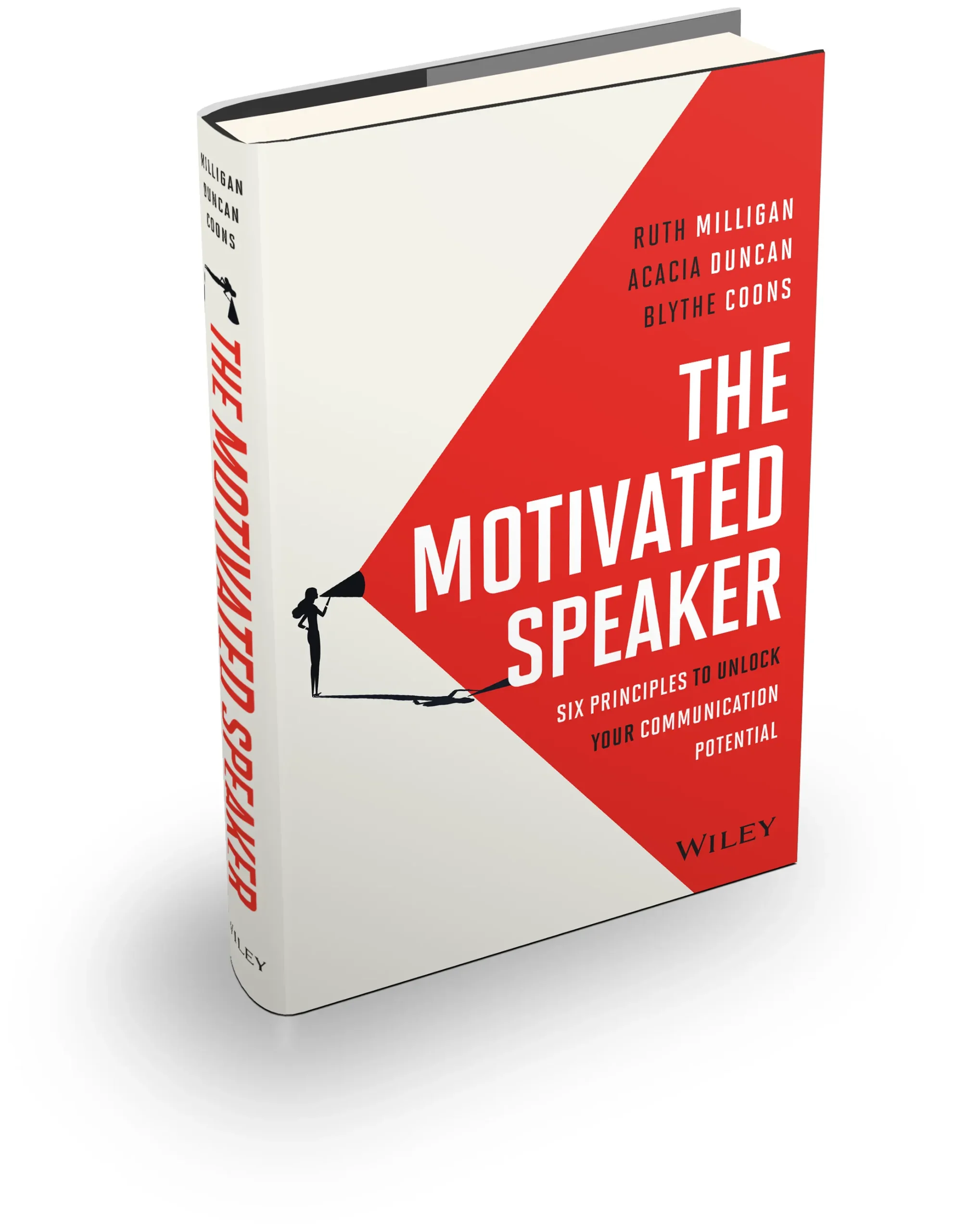
So she sat looking suspicious at me from the middle of the room. I was pretty sure she didn’t ‘buy’ what I was selling about the need to have your own signature story. After all, this is a group of highly motivated, intelligent and soon to be MBA’s from the Fisher College of Business.
There it came. ”I don’t see any reason why anyone else needs to know our story,” she blurted out after seeing two colleagues get up and recite what they thought were each other’s “signature” stories.
I wanted to reply, “What do you have to hide?” But instead, posed the question back to the group. The answers I got were expected: So someone can refer you, so people know what you don’t want to do, so you can have a reputation in the field of your choice, and so on. I suspect her question was rooted in a disdain for people knowing her personal life. But we all have different stories about ourselves, and the one I tell about my tennis career or being a mom rarely comes out when I’m coaching or teaching public speaking, presentations or storytelling. It isn’t relevant.
But it was reinforced to me, in this Leadership and Professional Development Program class that I was teaching on Storytelling, that not everyone is comfortable telling their story – even if they want to.
That was evidenced later in the class by a young woman of Asian decent who was distraught. She wanted to share her story and her great achievements, but her culture, she explained, held her back. After a few minutes of explaining the different ways of overcoming that barrier, she found some freedom in being able to talk about the problems she’d solve, not just the trophies she’d won. She honored me with a blog post reflecting on this experience, and I’d like to honor her for being wholehearted, knowing she was vulnerable but had some interesting things to share. That, to me, was a great story in and of itself.


